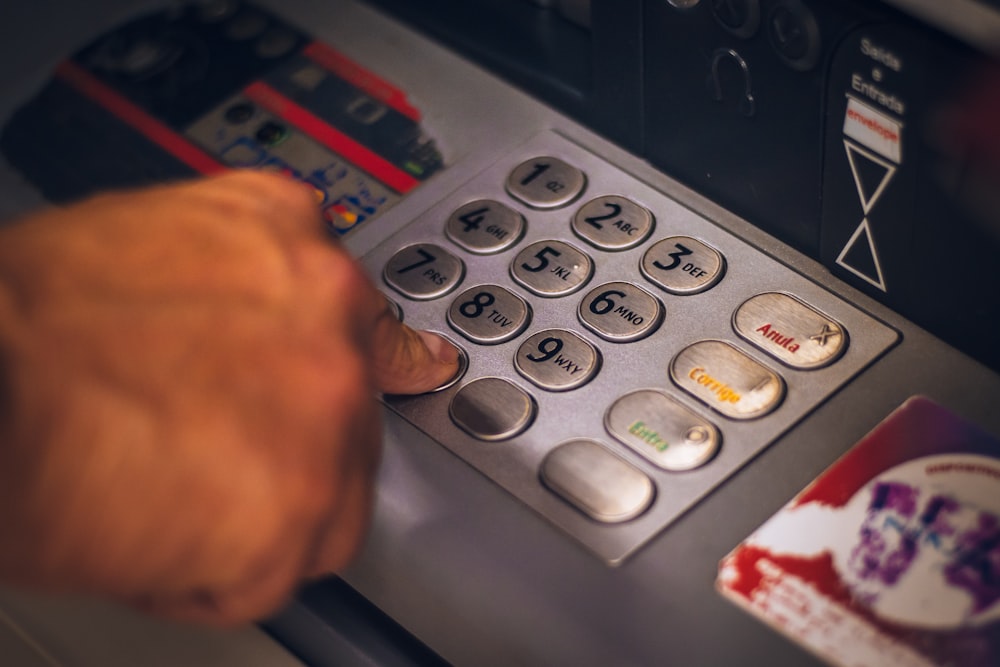
Published — April 11, 2021
The following post does not create a lawyer-client relationship between Alburo Alburo and Associates Law Offices (or any of its lawyers) and the reader. It is still best for you to engage the services of your own lawyer to address your legal concerns, if any.
Also, the matters contained in the following were written in accordance with the law, rules, and jurisprudence prevailing at the time of writing and posting, and do not include any future developments on the subject matter under discussion.
Read also: AUTHORITY TO INQUIRE INTO BANK DEPOSITS UNDER ANTI-MONEY LAUNDERING ACT
-
All deposits of whatever nature with banks or banking institution are considered as of an absolutely confidential nature.
-
Deposits of whatever nature with banks or banking institution may not be examined, inquired or looked into by any person.
-
However, a bank deposit may be examined or disclosed by an official or employee of any banking institution if there is a written permission of the depositor, in cases of impeachment, upon order of a competent court in cases of bribery or dereliction of duty of public officials, or in cases where the money deposited or invested is the subject matter of the litigation.
Can the bank disclose personal information about their depositor to any person who inquires?
No. This is prohibited under REPUBLIC ACT No. 1405 or “An Act Prohibiting Disclosure of or Inquiry Into, Deposits with Any Banking Institution and Providing Penalty Therefor.”
The law says:
All deposits of whatever nature with banks or banking institutions in the Philippines including investments in bonds issued by the Government of the Philippines, its political subdivisions and its instrumentalities, are hereby considered as of an absolutely confidential nature and may not be examined, inquired or looked into by any person, government official, bureau or office, except upon written permission of the depositor, or in cases of impeachment, or upon order of a competent court in cases of bribery or dereliction of duty of public officials, or in cases where the money deposited or invested is the subject matter of the litigation.
Moreover, it shall be unlawful for any official or employee of a banking institution to disclose to any person other than those mentioned above.
Thus, the following are the prohibited acts in RA 1405:
- Examination/inquiry/looking into all deposits of whatever nature with banks or banking institutions in the Philippines (including investment in bonds issued by the government) by any person, government official or office.
- Disclosure by any official or employee of any banking institution to any unauthorized person of any information concerning said deposit.
However, bank deposit may be examined or disclosed by an official or employee of any banking institution if:
- there is written permission of the depositor;
- in cases of impeachment;
- upon order of a competent court in cases of bribery or dereliction of duty of public officials; or
- in cases where the money deposited or invested is the subject matter of the litigation.
Alburo Alburo and Associates Law Offices specializes in business law and labor law consulting. For inquiries, you may reach us at info@alburolaw.com, or dial us at (02)7745-4391/0917-5772207.
All rights reserved.
SUBSCRIBE NOW FOR MORE LEGAL UPDATES!
[email-subscribers-form id=”4″]


magnificent points altogether, you simply gained a new reader. What would you suggest about your post that you made a few days ago? Any positive?
It is really a great and helpful piece of information. I glad that you shared this helpful info with us. Please keep us informed like this. Thank you for sharing.